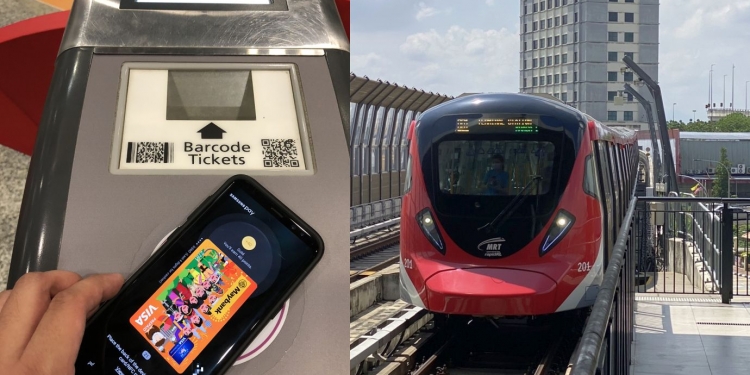Transport Minister Anthony Loke revealed today that public transport users can soon look forward to alternative contactless payments such as credit and debit cards besides the current default Touch ‘n Go card. The minister said he has instructed public transportation agencies and operators such as Prasarana Malaysia Berhad (The operator for Rapid KL Trains and Buses) and KTM Berhad to adopt an open payment system.
Public transport to accept credit and debit cards soon
He told the media that his ministry has received complaints from the public about the limited choices of payment options. He said at the moment, commuters can only use a Touch ‘n Go card or purchase a token at the LRT gantry entrance, but this will soon change. Loke said users of public buses and trains will soon be able to pay with their own debit or credit card. However, the implementation will take some time as operators will need to integrate the system but they are working on it.
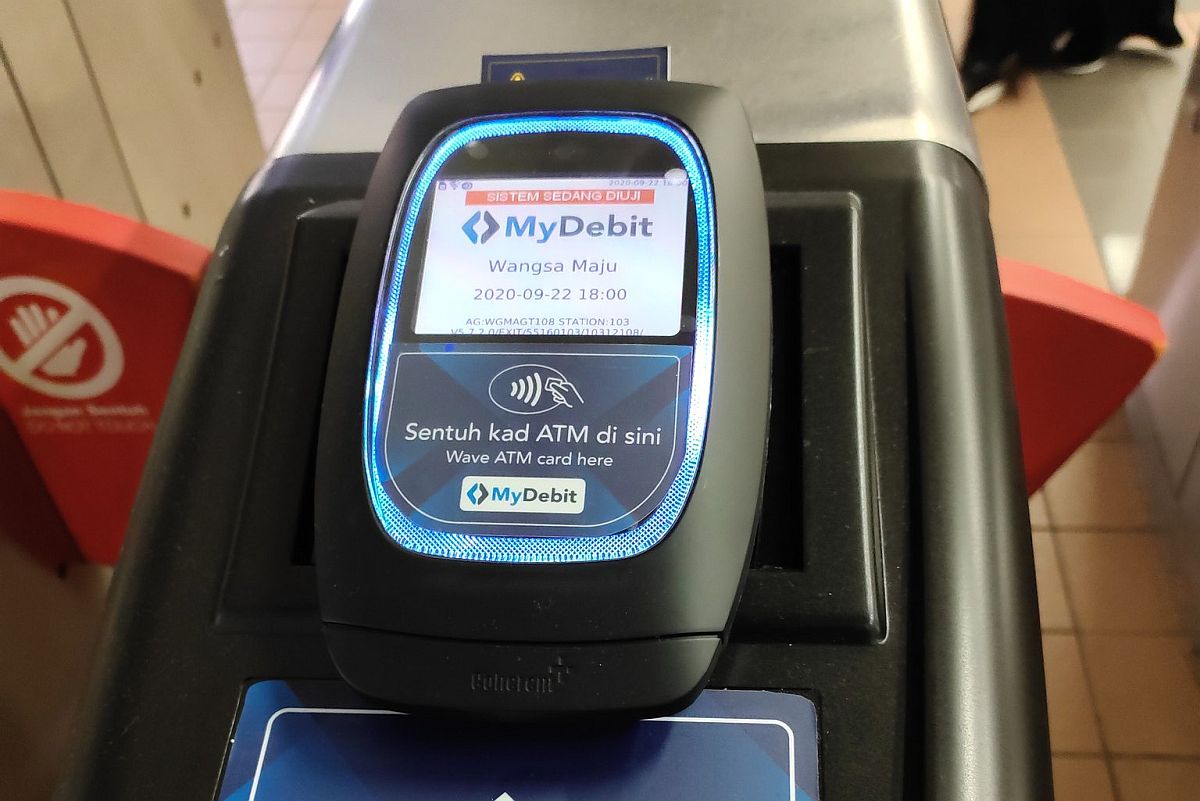
Rapid KL has been testing other forms of contactless payment as NFC card readers were spotted at selected LRT stations. This would enable users to tap in and tap out with their own credit or debit cards including smartphone-integrated options such as Apple Pay, Samsung Pay and Google Pay.
In order to accept credit and debit cards, the card terminal has to be connected in order to authenticate and complete the payment. This means all train stations, as well as buses, are required to be equipped with a stable internet connection to authenticate the card payments.
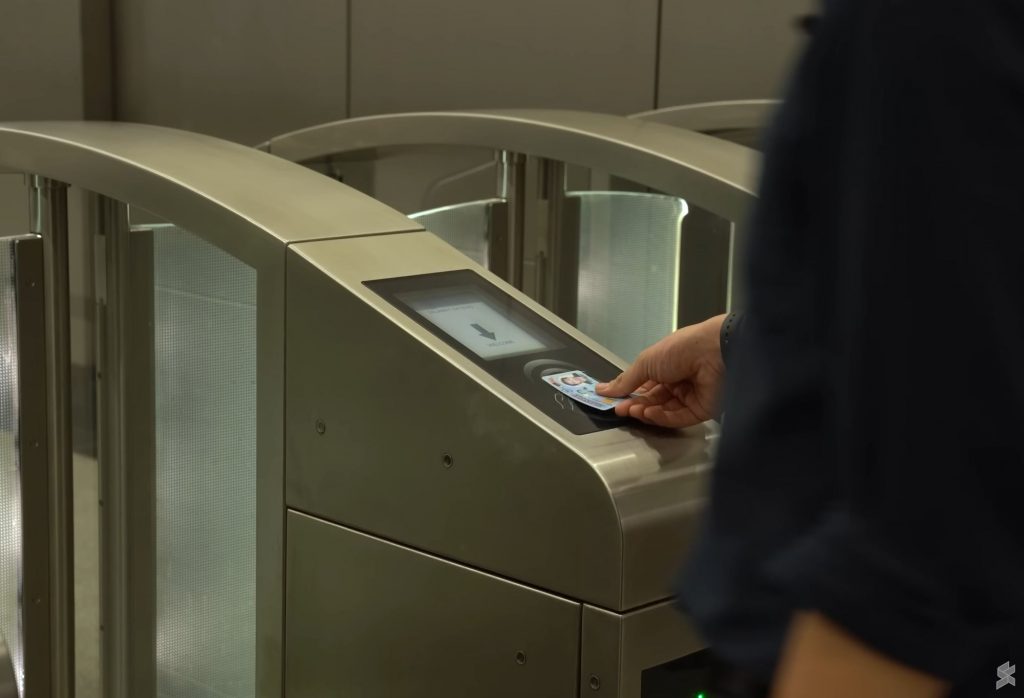
As a comparison, the current Touch ‘n Go card is a stored-value smartcard where the card terminal can deduct the fare instantly and directly from the card’s balance. Unlike credit or debit card terminals, TNG readers can be installed without requiring an internet connection.
At the moment, the KLIA Express and KLIA Transit ERL is the only rail service in the Klang Valley that support contactless card payments in addition to barcode and physical tickets. Back in 2018, Touch ‘n Go briefly trialled the QR Transit feature where you can enter and exit the station using the TNG eWallet. It was an interesting alternative to physical TNG cards but unfortunately, it wasn’t rolled out extensively.
Prime Minister Anwar Ibrahim said yesterday that the government is reconsidering Touch ‘n Go’s monopoly on highway tolls and public transport. He said this after he was asked if there are any plans to dismantle the Touch ‘n Go monopoly since many places including parking lots are already allowing users to pay by debit cards.
But what about toll payments for highways?
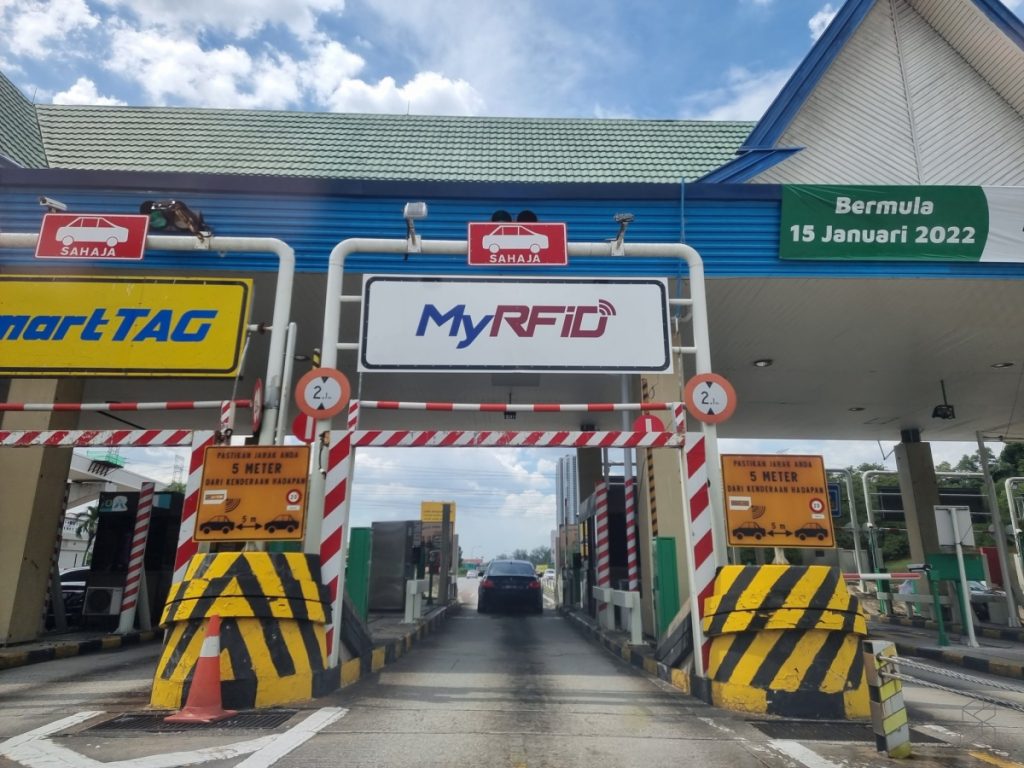
When asked about highway toll payments, Anthony Loke said he can only speak for public transportation. He said it is up to the Malaysian Highway Authority (LLM) to adopt an open payment system for highway tolling.
Previously, PLUS had introduced its own RFID system which allows users to link the RFID tag to their own credit and debit card. The plan was short-lived after CIMB initiated legal action against the highway concessionaire. When PLUS announced that it will adopt TNG RFID in 2019, both CIMB and Touch ‘n Go promised to roll out an open payment facility which will allow users to link their RFID tags to their bank accounts, credit cards and debit cards. However, this plan has never materialised and it is seen as one of the major components to enable Multi-Lane-Free-Flow. As mentioned by PLUS, Touch ‘n Go is the sole government-approved electronic payment system provider for toll collections in the country.
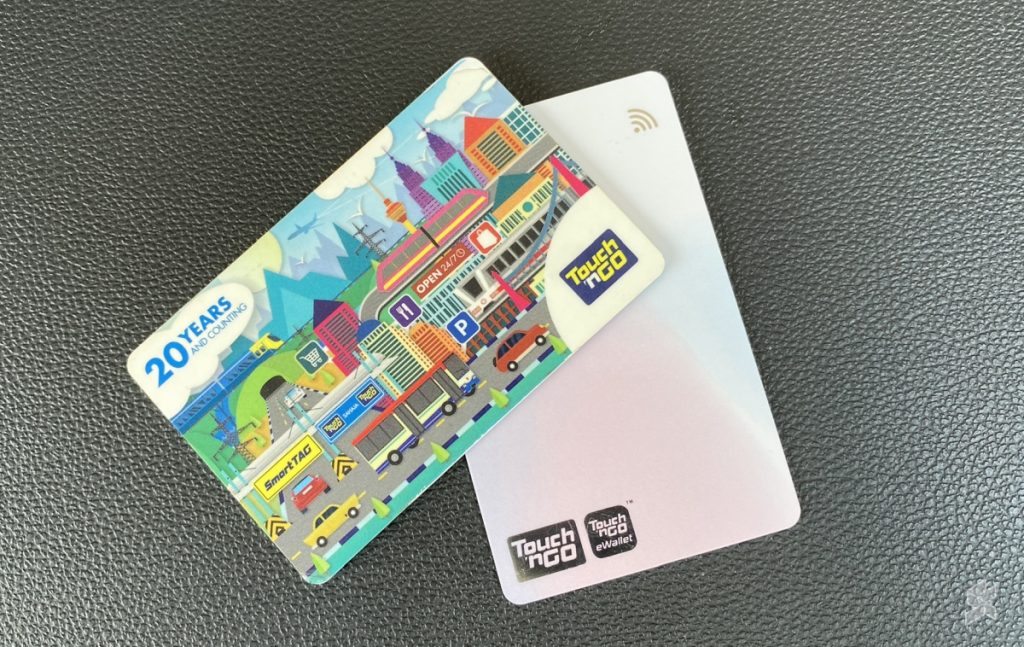
There has been growing dissatisfaction with Touch ‘n Go and this is mainly due to its shortage of new cards in the market. This can be an issue for tourists as it is hard for them to get a new TNG card to enjoy cheaper cashless fare for trains. The latest Enhanced Touch ‘n Go card has the ability to allow users to top up instantly with zero surcharges via their NFC-enabled smartphones but it is extremely hard to get in the open market. The card retails for RM10 but there are scalpers who are selling them for more than RM50 each.
Another major complaint is the TNG card has a 10-year expiration period and users complained that it is hard to request a refund for their remaining balance. To make matters worse, the new Enhanced TNG card has a shorter lifespan of 7 years. Last month, Touch ‘n Go announced that it will increase production of the Enhanced TNG card by 30% to cope with demand.
[ SOURCE ]

